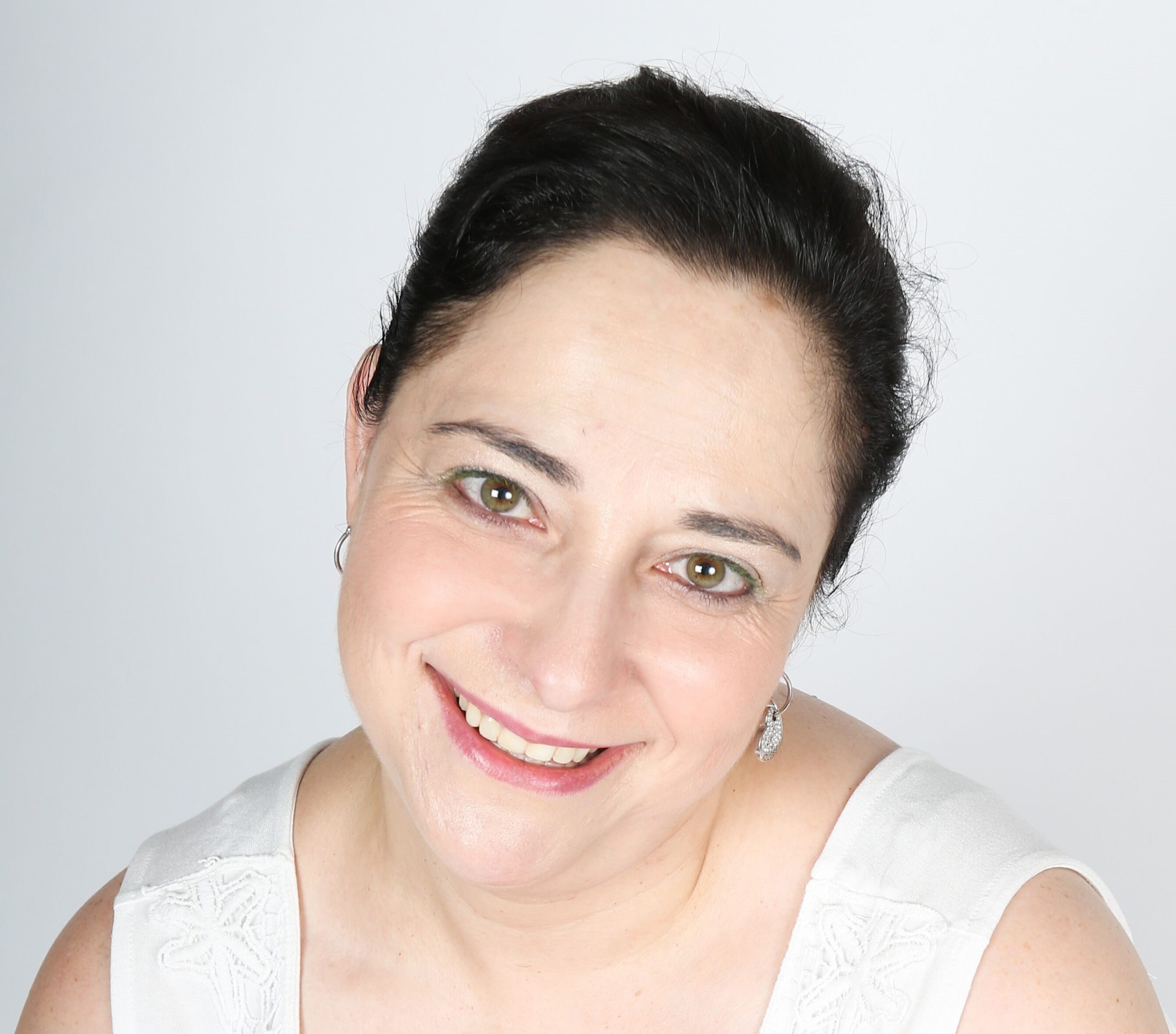
OpEds

Children must come first in second marriages
It was the first week of hard lockdown, and I got a call from a hysterical husband. “Chantal, my wife has locked me in the garage for the hard lockdown period. I have a bathroom inside [luckily], she brings food to the door, but she won’t let me into the house, and presses the panic button every time I enter the house.”
Ten minutes later, the phone rings. It’s his wife. “I’m sleeping with the panic button under my pillow. Chantal, I cannot be in the house with him for three weeks.”
This was the wife’s second marriage, and the husband’s first. Theirs was a romance that began during the final stages of the wife’s first marriage. They have a little girl together, and the wife has a little boy from a previous marriage. The husband also has a child from a previous relationship, a boy, who is the eldest of all three, and who bullies his younger stepbrother.
This was negative for the little girl, as she loves her half-brother who was being bullied by her stepbrother. So, during the hard lockdown, the husband was locked in the garage and luckily, his oldest son was in lockdown with his own mother.
The blended family dynamic wreaked havoc in this family. Not only was there bullying among the siblings, but the stepmother now couldn’t stand the stepson because he bullied her son and she tended to police him.
His father did nothing about the bullying as he felt guilty about not being involved enough in the early years of his son’s life, which further added to the rift between the married couple, with fighting, arguing, aggression, and a form of physical violence prevalent.
I mediated their divorce, and helped them find interim solutions. However, these details are the tip of the unpleasant iceberg. And who suffered the most? The children, of course.
This is so often the case in divorce, which is why it’s vital to have a parenting plan after divorce, especially when the couple goes on to have new relationships with third parties.
It’s important to agree to:
- Let the biological parent remain primarily responsible for discipline;
- Create a list of family rules. Discuss the rules with the children, and post them in a prominent place. Understand what the rules and boundaries are for the children in their other residence, and, if possible, stay consistent; and
- Keep all parents involved.
It’s important to recognise that children will adjust better to the blended family if they have access to both biological parents, and it’s important that all parents are involved and work toward a parenting collaboration.
It’s also vital to ensure that the children know that you and your former spouse will continue to love them and be there for them throughout their lives.
The children need to know and witness that the new spouse won’t be a “replacement” mom or dad, but another person to love and support them.
It’s vital to ensure that parents never use children as messengers. The responsibility of having to communicate messages for their parents between homes puts a lot of pressure on a child. They can experience anxiety and stress by having to bear the burden of the messages as well as the response to it. As parents, you need to find an effective way to manage communication without putting your child in the middle of it.
On another occasion, I mediated post-divorce for a couple with children whose divorce I had mediated three years earlier. The wife had subsequently married a man she had been involved with for the last year of her marriage. Distressingly, in the wife’s second marriage, due to no boundaries amongst step siblings, no rules, and no supervision, the wife’s teenage son and her new husband’s teenage daughter got sexually involved with one another. This resulted in the 15-year-old girl falling pregnant with her 17-year-old stepbrother’s child.
It wreaked havoc. I now needed to deal with post-divorce issues among the initial divorced couple who were enraged and angry, and a new pending divorce of the new couple whose relationship couldn’t survive this dilemma. We also had to come up with a parenting plan for the new baby, whose parents were teenagers and dependents themselves.
This is a lesson for adults when getting into a new marriage or relationship in which there are children involved, especially step siblings and teenagers. There have to be clear rules, boundaries, and supervision. These can’t just be words on paper, they need to be implemented properly throughout the marriage.
Clear consequences need to be enforced. I see a generation of children living with no consequences that creates a lot of trouble in all areas of their lives.
In a recent mediation with a teenage boy who didn’t want to go to his father, it emerged that his father was smacking the boy’s beloved dogs and the boy with his fist and a stick.
The teenage boy was afraid of his father. He said his father’s new wife also allowed her sons to bully him. The new wife treated him differently to her boys, and his dad didn’t protect him.
In this case, the stepbrothers were treated preferentially, bullying in the home was allowed, and the father set a bad example by smacking his own child and allowing his stepsons to do the same.
The son was in a special-needs school as he was challenged in certain academic areas and an introvert. He wasn’t what his dad envisaged his son would be. His dad wanted a rugby player not a chess player. His dad wanted a large, bulky son, not a thin, soft spoken boy. The stepsons, however, were everything the father thought a son should be. This hurt his own son tremendously, and he felt rejected and not valued.
We don’t have the power to determine the character/desires/talents of our child or to preconceive how they should be. Our job is to love them and enhance who they are, not beat them into something we want them to be. Obviously, that doesn’t work. It has resulted in the teenage boy not wanting to see his father, and his father not being prepared to implement changes. The teenage boy now has major anxiety and fear issues, and is battling in school with things he had been great at beforehand.
Again, the child suffers.
In this case, there should have been equal treatment and protection for all. This is difficult when the personal, ethical value system of the parent is contrary to what’s in the best interests of his child. The father was raised with this kind of punitive parenting, and he saw nothing wrong with what he was doing.
As parents, we need to consider our children’s needs before our own. We brought them into this world – they didn’t choose the life we gave them. We need to remember that, and reflect on how we are doing as parents, our primary role, reflecting and working on ourselves, and taking expert guidance from those in the know.
- Chantal Kur is an accredited divorce and family mediator in Johannesburg, and has run a full-time practice since 2009. She is also certified on the ADR International register and as such, is an international mediator.










